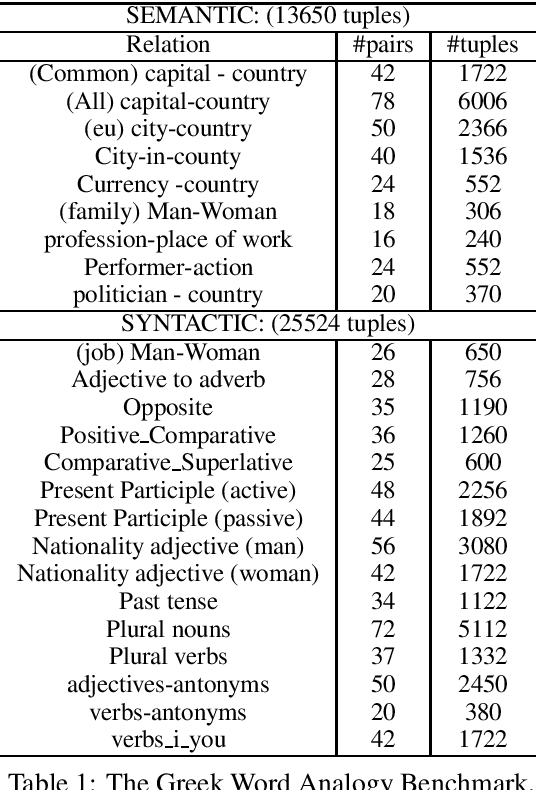Christos Karatsalos
Attention-based method for categorizing different types of online harassment language
Sep 28, 2019



Abstract:In the era of social media and networking platforms, Twitter has been doomed for abuse and harassment toward users specifically women. Monitoring the contents including sexism and sexual harassment in traditional media is easier than monitoring on the online social media platforms like Twitter, because of the large amount of user generated content in these media. So, the research about the automated detection of content containing sexual or racist harassment is an important issue and could be the basis for removing that content or flagging it for human evaluation. Previous studies have been focused on collecting data about sexism and racism in very broad terms. However, there is not much study focusing on different types of online harassment alone attracting natural language processing techniques. In this work, we present an attention-based approach for the detection of harassment in tweets and the detection of different types of harassment as well. Our approach is based on the Recurrent Neural Networks and particularly we are using a deep, classification specific attention mechanism. Moreover, we present a comparison between different variations of this attention-based approach.
Evaluation of Greek Word Embeddings
Apr 08, 2019



Abstract:Since word embeddings have been the most popular input for many NLP tasks, evaluating their quality is of critical importance. Most research efforts are focusing on English word embeddings. This paper addresses the problem of constructing and evaluating such models for the Greek language. We created a new word analogy corpus considering the original English Word2vec word analogy corpus and some specific linguistic aspects of the Greek language as well. Moreover, we created a Greek version of WordSim353 corpora for a basic evaluation of word similarities. We tested seven word vector models and our evaluation showed that we are able to create meaningful representations. Last, we discovered that the morphological complexity of the Greek language and polysemy can influence the quality of the resulting word embeddings.
 Add to Chrome
Add to Chrome Add to Firefox
Add to Firefox Add to Edge
Add to Edge